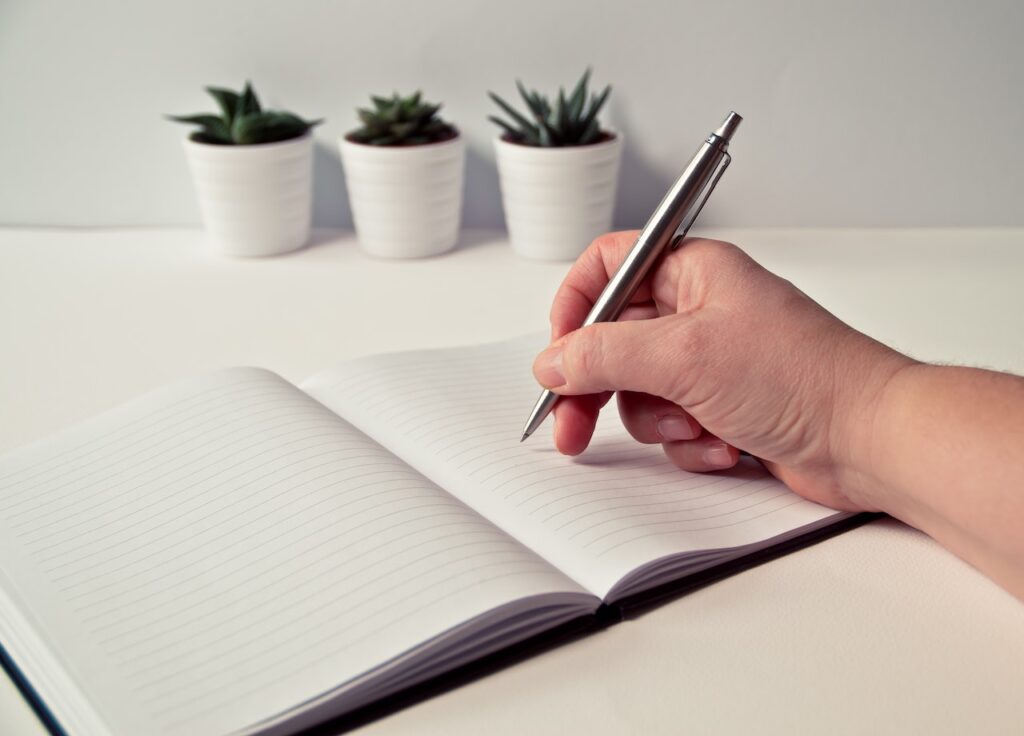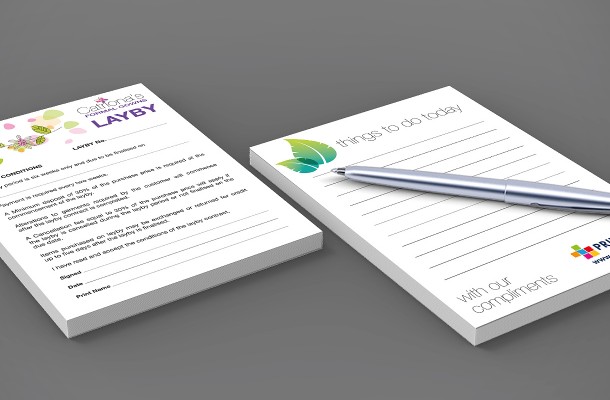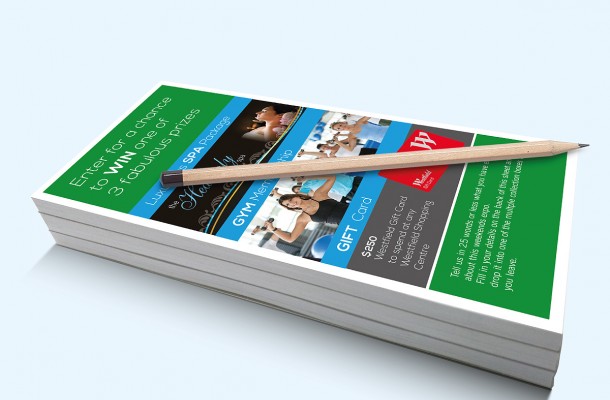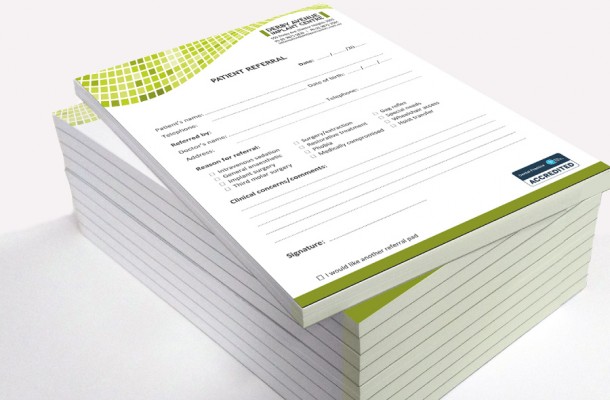
Notepad Writing – The Science Behind Memory Retention
Are you someone who often forgets various tasks or bits and pieces of information? You’re not alone! Our brain’s ability to remember information is limited, and it becomes even harder to retain information as we age.

But fear not if you are taking notes during a lecture, jotting down ideas for a project or keeping a daily journal; writing things down on a notepad can improve memory retention and help you remember important details as writing engages different areas of the brain in comparison to typing or listening.
The Benefits of Notepad Writing
In today’s digital age, it’s easy to rely on our smartphones, tablets and laptops to keep track of our tasks and appointments. However, research suggests that writing by hand can be more efficient at retaining information than typing on a keyboard. In their study, Pam Mueller and Daniel Oppenheimer found that students who took notes by hand performed better on conceptual questions than those who took notes on a laptop. The researchers concluded that writing by hand promotes better cognitive processing and improves memory retention.
When we write by hand, our brain processes the information differently than when we type. Writing engages the motor cortex, which is responsible for movement and activates the brain’s learning centres. This process improves the encoding of information and makes it easier to retrieve.

Aside from improving memory retention, notepad writing has several other benefits that can enhance productivity and overall wellbeing including:
- Better organisation: Writing things down helps us prioritise tasks and organise our thoughts. We can create to-do lists, break down complex tasks into smaller steps, and set reminders to stay on track. By categorising information and grouping related ideas, you create a mental framework that makes it easier to recall details. One study noted that students who used an organisational note-taking methodology performed better on tests than those who used alternative organisational methods.
- Reduced stress: Writing can be a cathartic experience that allows us to not only release but describe and depict inner emotions, thus reducing stress levels. It’s a form of self-expression that can help us process our feelings and gain clarity.
- Improved creativity: Writing can stimulate our imagination and enhance our creativity. It allows us to explore new ideas, think outside the box and create innovative solutions to problems.
- Enhanced learning: Writing can be a powerful tool for learning and retaining new information. By taking notes in class or during meetings, we can reinforce our understanding of the subject matter and remember important details. As outlined in another study people who wrote down their goals were more likely to achieve them than those that did not.
The Science Behind Why Notepad Writing Works

- Pen-to-paper connection: Writing things down on a notepad requires a physical connection between your hand and the paper. This connection helps to stimulate the brain in a way that typing or other forms of information retention cannot. According to a study published in the Journal Frontiers in Psychology, the tactile feedback of writing by hand engages the brain’s sensorimotor system in a way that typing does not.
- The power of handwriting: Handwriting engages the brain in a way that typing cannot because handwriting requires you to write the letters, which involves a different set of neural connections than typing. This difference in neural connections can help improve memory retention. According to a study published in the Trends in Neuroscience and Education, children who learned to write by hand had better letter recognition and reading skills than those who learned to type.
- The importance of context: When you write things down on a notepad, you create a physical record of the information in a specific context. According to one senior theses people who wrote down textual information using specific context had better recall than those who did not.
Surprising Ways to Use Notepads
While we all use notepads to jot down reminders and make lists, there are many other creative ways to use them. Here are just a few surprising examples:
- Doodle pad: Notepads are great for unleashing your creativity. Whether you’re on hold during a phone call or waiting for a meeting to start, doodling can help you relax and focus. Plus, you never know when your doodles might turn into something more significant.
- Recipe book: Notepads are perfect for recording family recipes or creating your own cookbook. You can keep track of ingredients, cooking times and any modifications you make along the way.
- Brainstorming: If you’re feeling stuck on a problem, a notepad can be a great tool for brainstorming. Writing down your thoughts and ideas can help you think more clearly and come up with innovative solutions.

- Fitness tracker: Notepads can also be useful for tracking your fitness goals. You can record your workouts, meals and progress over time, making it easier to stay on track and make adjustments as needed.
- Language learning: Use a notepad to practice vocabulary and grammar when learning a new language. Write down new words and phrases, and use them in sentences to reinforce your understanding.
- Gift planning: Notepads can be useful for keeping track of gift ideas, budgets, and shopping lists for birthdays, holidays and other special occasions.

- Travel journal: Take a notepad with you on your travels to record your experiences, impressions and observations. You can also use it to keep track of directions, recommendations from locals and other useful information.
- Dream diary: Keep a notepad by your bed to record your dreams as soon as you wake up. This can help you remember your dreams more vividly and explore their meanings.
- Pet tracker: If you have pets, use a notepad to keep track of their feeding and exercise schedules, vet appointments and any other important information.
- Gratitude journal: Use a notepad to write down things you’re grateful for each day. This can help you cultivate a more positive outlook and focus on the good things in your life.
The Role of Notepad Printing

- Customised layouts: Notepad printing allows you to create notepad variations tailored to specific needs. It includes sections for categorising information, highlighting important details and adding prompts or questions to help stimulate memory recall.
- Colour and design: Notepad printing allows you to customise your notepads with colours and designs that are visually stimulating and help improve memory recall. According to a study from 2022, colour coding information can improve your memory performance.
- Personalisation: through notepad printing, you can personalise your notepads with your name, logo and/or other identifying information. This personalisation can help create a sense of ownership and connection through memory retention. There is a study that indicates how personalised items can help improve long term working memory.
Notepad writing is a simple yet powerful tool that can improve memory retention, boost productivity and enhance general wellbeing. We can also better organise our lives, reduce stress and stimulate creativity. So, next time you need to remember something important, reach for a notepad and pen and let the science of memory retention work its magic.

